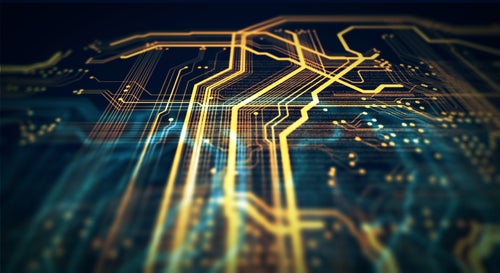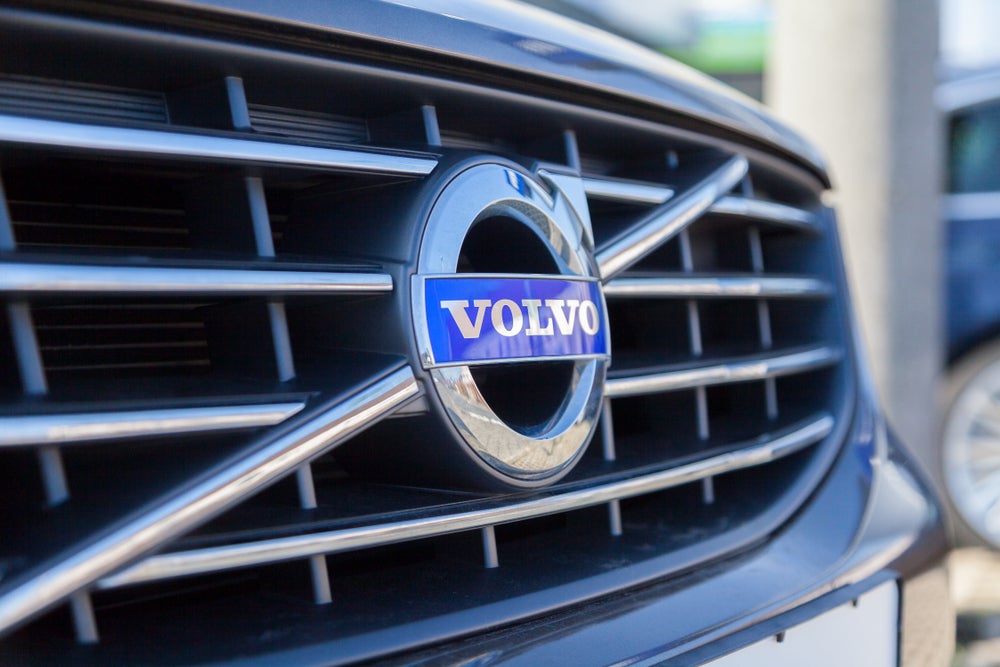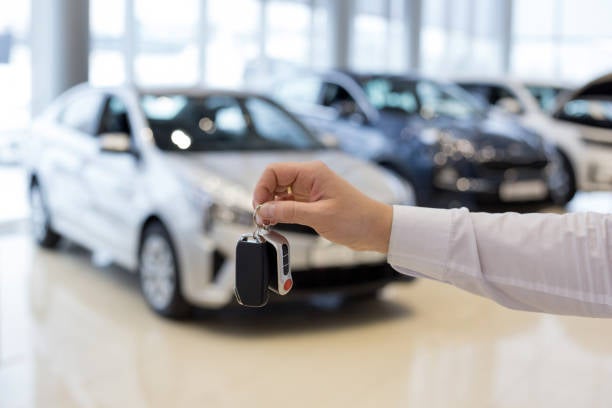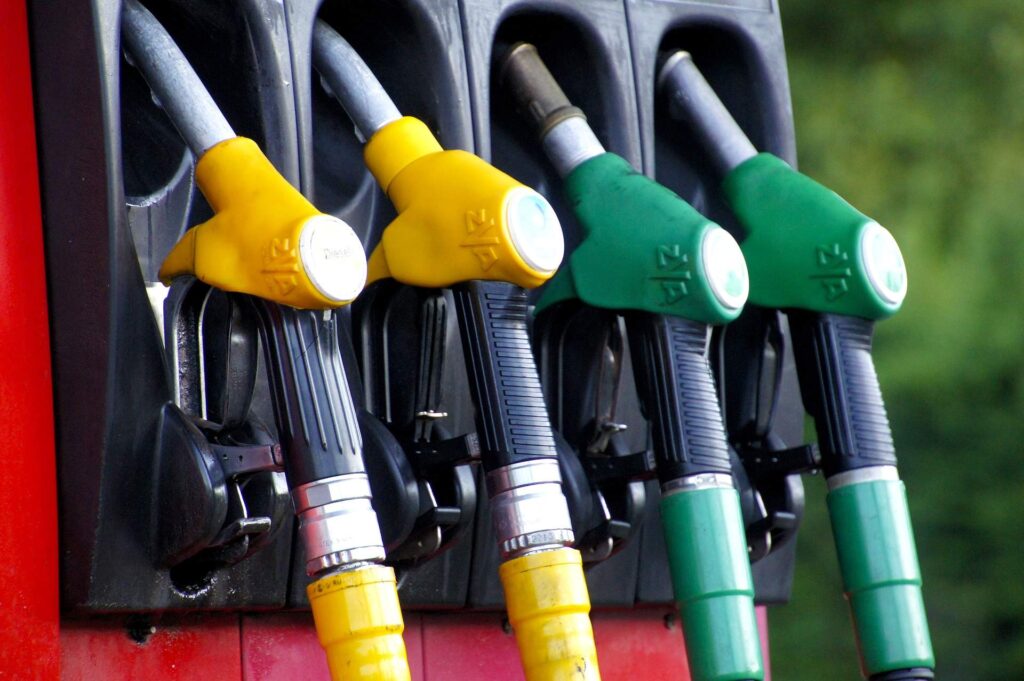
Drivers of electric and hybrid cars are changing their road behaviour for the better, according to Birmingham-based national vehicle movement and inspection firm DMN Logistics.
Data collected by DMN Logistics of their drivers found that deliveries of EVs and hybrids incurred no notices of intended prosecution related to speeding whereas traditional ICE cars and vans continued to incur such notices.
They predict this to be replicated across company car drivers and the wider public.
As businesses have come out of lockdown restrictions, DMN Logistics has seen an increase in collection and deliveries resulting from more online sales and buyers looking further afield for vehicles, the company said in a statement.
DMN Logistics’s delivery profile on EVs and hybrids is increasing monthly – currently, around 1 in 10 vehicles – and the business expects its drivers to adopt more responsible driving habits, like eco-driving, to maximise mileage driven and reduce stress.
Nick Chadaway, managing director at DMN Logistics, said: “Wider studies have shown that EV drivers experience reduced stress levels when behind the wheel of an EV and are more focussed with high levels of active concentration. Drivers also experience greater mental calmness.
How well do you really know your competitors?
Access the most comprehensive Company Profiles on the market, powered by GlobalData. Save hours of research. Gain competitive edge.

Thank you!
Your download email will arrive shortly
Not ready to buy yet? Download a free sample
We are confident about the unique quality of our Company Profiles. However, we want you to make the most beneficial decision for your business, so we offer a free sample that you can download by submitting the below form
By GlobalData“These experiences correlate directly with our EV deliveries when compared to ICE vehicles, suggesting that the EV revolution will improve the way drivers drive,” he said.
The company said that early data demonstrate that with EVs and hybrids across its business, none of the drivers associated with these vehicles incurred any penalties. “EV driving simply makes drivers behave differently,” Chadaway said.
The company speculated that because driving a current full battery electric vehicle has a reduced range compared to a conventional vehicle, motorists are required to pay more attention to route planning and battery charging. As a result, drivers become more conscious of their driving habits, such as driving in eco-mode or using regenerative braking.
Chadaway added: “Driver training, before taking delivery of their new car will help drivers familiarise themselves with new features such as efficient driving, acceleration and braking techniques – all of which lend themselves to improved driving, as well as reducing driving costs and fewer charging stops – reducing lost driver productivity.
“Looking at the data, we see a reduction in excessive speeding and heavy braking, couple this with better journey planning and driving range can be increased by up to 20 per cent of charge on an average trip in city traffic.
“Above all else, it is important that whatever vehicle drivers are driving, that they drive carefully. Years of bad driving habits can be ingrained, but EVs provide the perfect means to counteract that.”







